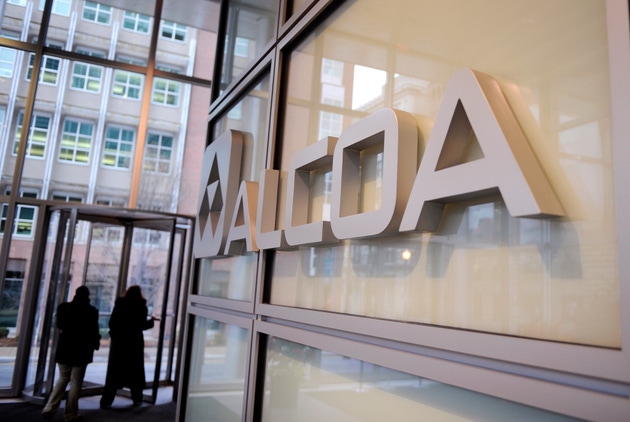The number of people who may think a banana costs $10 has exploded in the last few decades. The US has 902 billionaires this year, up from 66 in 1990, when the economy was less than half of its current size and $410 million was equivalent to $1 billion in today’s dollars.
US billionaires are collectively worth about $7.6 trillion, according to Forbes data analyzed by Americans for Tax Fairness. That accounts for ~4.5% of all wealth held by Americans, while making up just .0003% of the population.
Who (and where) are they?
The US leads the pack, home to almost one-third of the world’s 3,028 people with a $1+ billion net worth, followed by China (450), India (205), Germany (171), and Russia (140), per Forbes.
The folks for whom a Ferrari impulse buy is roughly the financial equivalent of your last-minute decision to Uber to the airport tend to cluster in cities. Forbes found that the leading billionaire hubs are New York City (home to 123 billionaires), Moscow, Hong Kong, London, and Beijing.
It’s a boys club, with women accounting for just 13% of the world’s billionaires, according to the Altrata Billionaire Census—though that number is growing.
Tracing the benjamins
Some routes are more likely than others to land you in the exclusive club that includes Bill Gates, Ronaldo, Selena Gomez, French fashion executives, and Russian oil tycoons:
- The most common way to achieve billionairehood is to be born into a wealthy family or by marrying into wealth, with a third of billionaires having inherited much of their net worth.
- The likeliest professional path to billionaire status is to follow in Warren Buffett’s footsteps, as 15% of billionaires derive their net worth from the finance and investment industry.
- Tech minted 13% of billionaires, followed by manufacturing (11%), fashion and retail (10%), healthcare (7%), food and beverage (7%), real estate (7%), diversified industries (7%), media and entertainment (4%), and energy (4%).
Most can’t fully cash out: Billionaires typically aren’t able to build a castle out of hundred-dollar-bill stacks, since 66% of their net worth is tied up in stocks (often in a company they started), which they can’t sell easily, according to Altrata.—SK
This report was originally published by Morning Brew.
This story was originally featured on Fortune.com

 3 hours ago
1
3 hours ago
1













 English (US) ·
English (US) ·